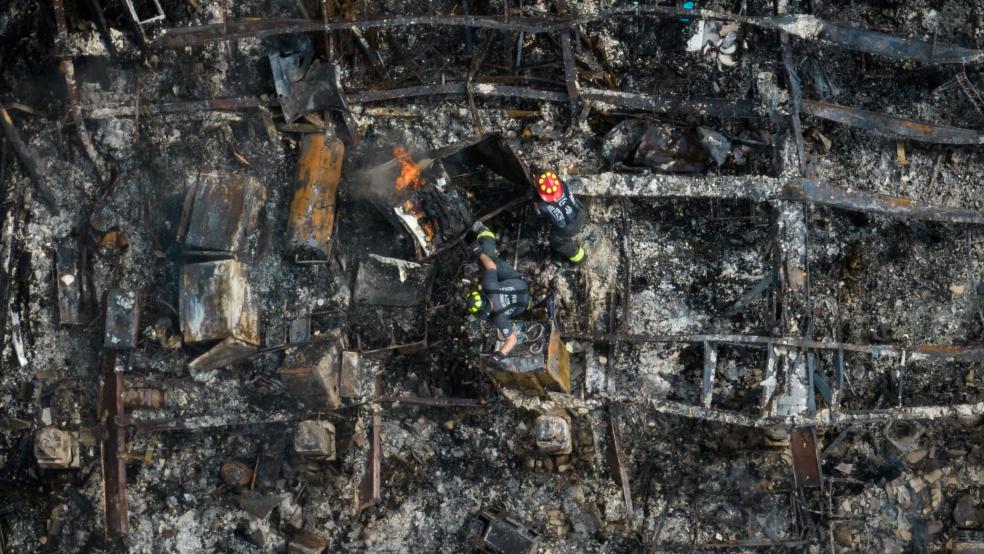As Florida deals with the damage from Hurricane Idalia and Hawaii looks to recover from the devastating wildfires in Maui, the Federal Emergency Management Agency reportedly says its main disaster fund is “approaching exhaustion,” forcing it to restrict spending on recovery efforts from past events.
“The restriction, known as ‘immediate needs funding,’ limits FEMA to spending disaster funds on life-saving measures such as clearing debris from roads, maintaining services such as health care and water, and providing emergency housing for displaced individuals,” Politico’s Thomas Frank reports.
Frank adds that the agency’s move will add pressure on Congress to approve the Biden administration’s request for $12 billion in additional disaster relief money, part of a $40 billion emergency funding request that also includes $24 billion for Ukraine. Some Republicans oppose providing additional money for Ukraine and House conservatives have said they would oppose a stopgap spending bill, which could include emergency funding, unless their demands for spending cuts and policy concessions are met.
Money for Maui: President Joe Biden on Wednesday afternoon said he spoke with the governors of states likely to be affected by Idalia and assured them that he was ready to mobilize any federal support they would need.
Biden also said he remains “laser focused on recovery and rebuilding efforts in Maui” after the wildfires that killed at least 115 people and left much of the island in ashes, though he added that the effort is “going to be frustrating as the devil for people.”
Biden has come under intense criticism from Republicans for the administration’s response to the wildfires and for appearing to have offered a “no comment” in response to a question about the death toll of the wildfires. The White House said Biden never heard the question. On Wednesday, it said that more than 1,000 federal personnel are in Maui assisting residents and that the administration has approved more than $16 million in assistance to 4,200 households there.
The president on Wednesday also announced $95 million in funding via the $1.2 trillion Bipartisan Infrastructure Law to strengthen Hawaii’s power grid and help the state better withstand future storms. The White House said the money will help strengthen transmission lines, harden poles supporting critical facilities and replace wooden poles with fire-resistant material, and relocate the Maui control center to a more secure location, among other things. “It means investments to make sure electricity can continue to reach homes, hospitals, water stations even during intense storms and extreme weather,” Biden said.
A fight over funding? When asked by a reporter whether he can assure Americans that the federal government will have the emergency funds needed to get through the hurricane season, Biden stopped short of doing so — and tried to ramp up pressure on lawmakers who might object to an emergency funding package.
“The answer is, If I can’t do that I’m going to point out why,” the president said. “How can we not respond? My god. How can we not respond to these needs. And so I’m confident even though there’s a lot of talk from some of our friends up on [Capitol] Hill about the costs. We’ve got to do it. This is the United States of America.”
For now, though, the newly imposed restriction on FEMA’s disaster fund “could temporarily halt thousands of projects by states to rebuild facilities and infrastructure that were damaged by disasters in the past decade or longer ago,” Politico’s Frank writes. “FEMA pays a large share of those projects’ costs — usually 75 percent. Without federal funds, states will have to delay projects or spend their own money and await reimbursement.”
The Senate is scheduled to return to the Capitol after Labor Day, and the House will come back a week later.





